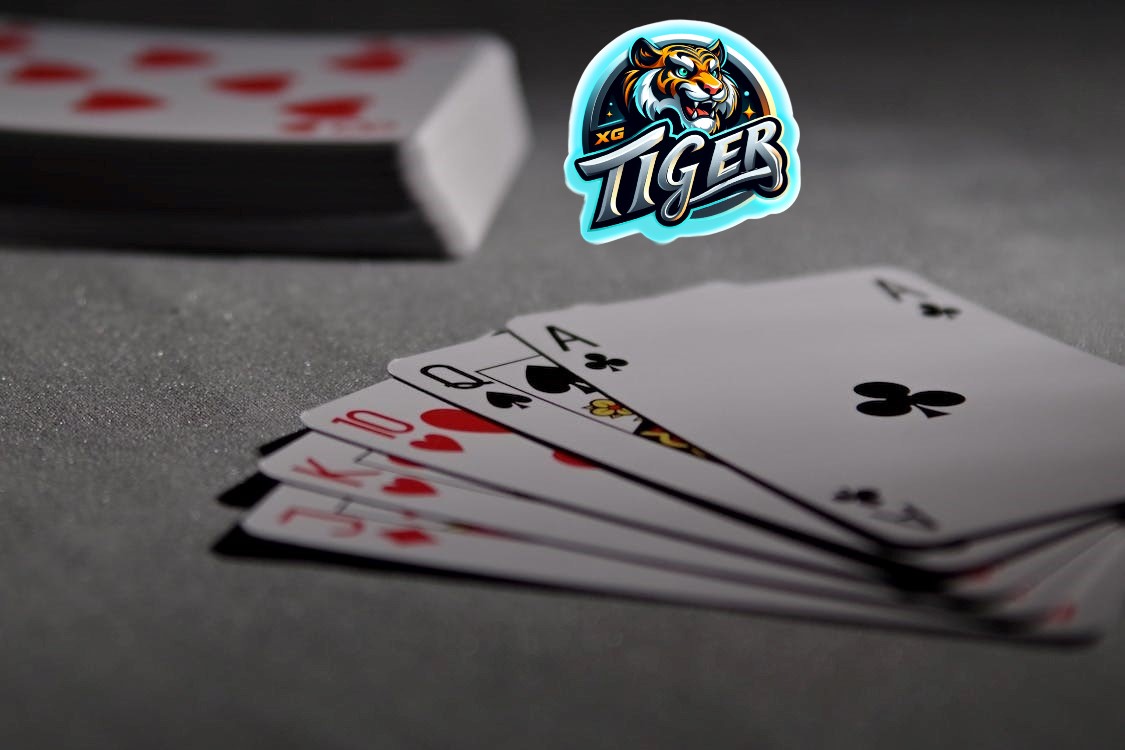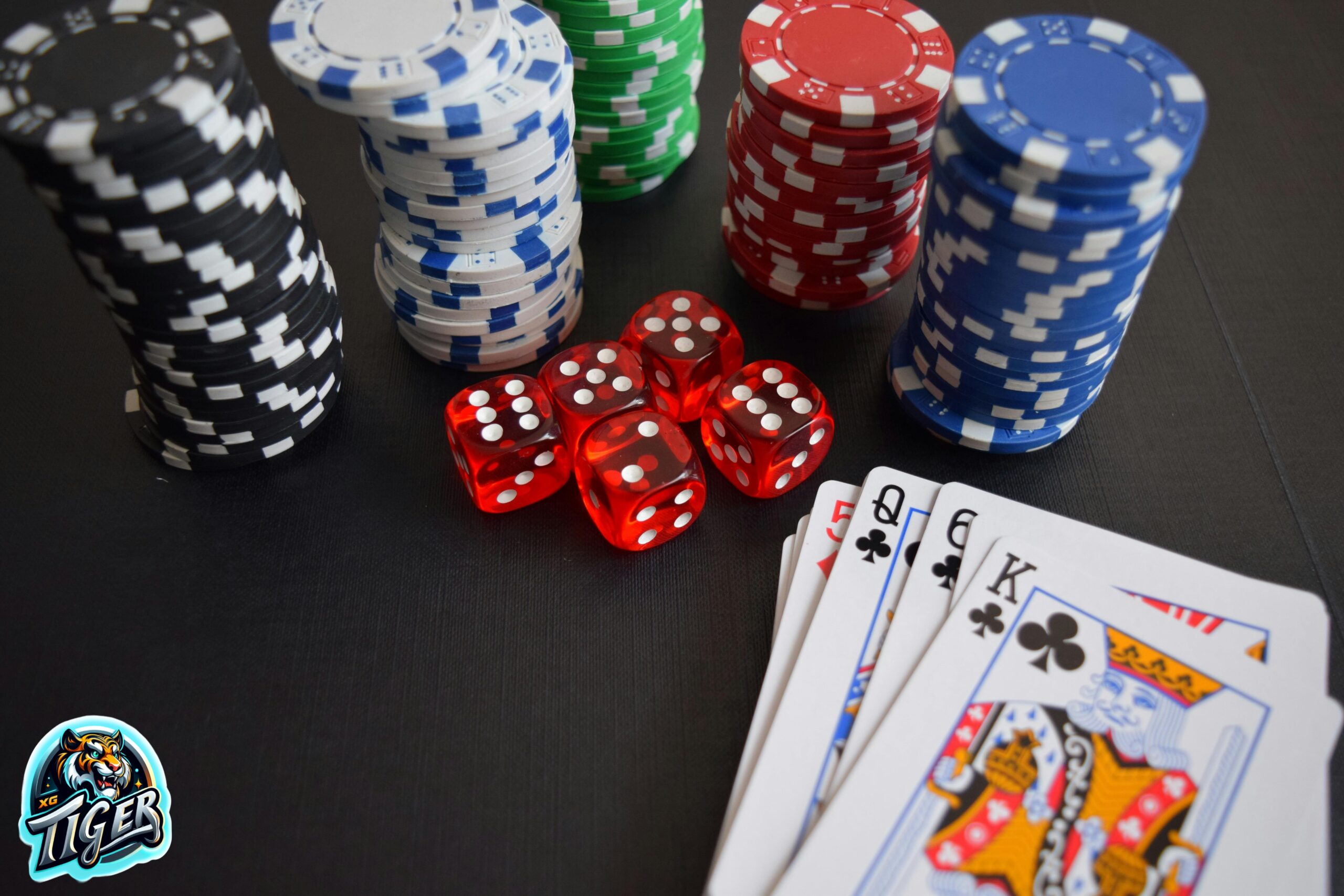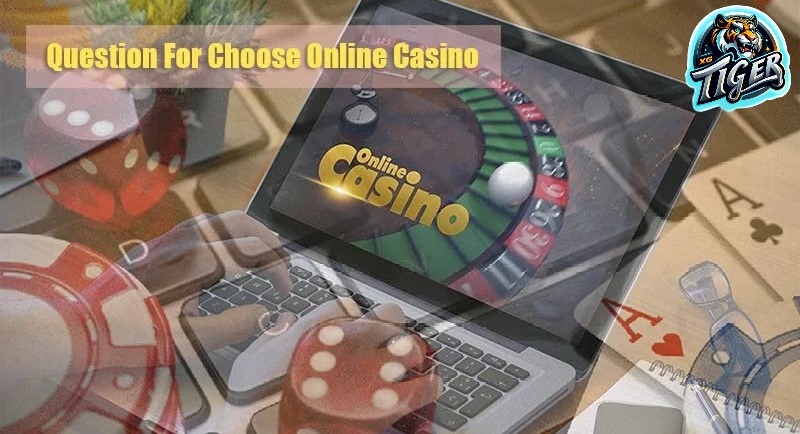Table of Contents

Aside from field sports, online poker is one of the most popular and most played games on the planet. Just as you wouldn’t dream of joining a great sports team without knowing the inside track on tactics, it’s beneficial to only play poker after knowing the basic terminology of the game. Otherwise, you may feel lost and confused after sitting down at the table!
If you decide to sit down to play your first poker game without learning, you may feel like everyone around you is speaking a foreign language. So, before you sit down and play with your friends (or think about betting online on your favorite casino games or playing poker), read on to find out what you need to know about basic poker terminology. Let’s jump right into it here at Xgtiger Casino:
Poker Terminology Explained
Action
One of the most commonly used words in poker, often used to describe the player’s obligation to make a decision or make it clear that they are involved in the thick of it. For example, “There was a lot of action at the table.”
All-In
You’ve probably heard it before, on TV or in the movies. Essentially, it’s a bet or raise where you bet all your money on the table in one hand. All-in is considered the most exciting move one can make in poker.
Ante
A small forced bet made at the beginning of the hand before the cards are dealt. There is usually more activity in the ante game than in the blinds game.
Bad Beat Jackpot
A large extra prize awarded when a sufficiently strong hand loses to a stronger hand after at least one player is all-in, and the hand goes to showdown. You can win a BBJ after losing a Four of a Kind or a stronger hand to a better hand – check the conditions for Lucky Cola in the online poker room where you play.
Back door
In games such as Texas Hold ‘Em and Pot-Limit Omaha, this term describes how a player can go from a weak hand to a good hand in the last two cards dealt, usually by having a three-card straight or a flush on the flop.
Blind
The forced bet you have to make to join the hand at the start of the round. There are ‘big’ blinds and ‘small’ blinds, which are rotated as the game progresses; if you are the ‘big’ blind, you have to pay more to participate in the hand than others, but this obligation is shared in later writings.
Burn
When you discard the top card from the table face down.
Call
This is when you match the bet made by the previous person instead of folding or raising. Checking and calling are described as passive actions in poker.
Check
Kung walang ginawang taya, maaari mong suriin upang manatili sa kamay nang hindi nanganganib ng anumang pera.
Community Card
In Texas Hold ‘Em, you are dealt two individual cards that remain private to you. Five cards will be held, seen and used by everyone around the table; these are known as the ‘community cards’ or the board.
Flop
The first three community cards are dealt simultaneously and are known as ‘The Flop.’
Fold
When you decide the hand is not for dealing a raise or bet, you fold your hand. You also lose the money you put in the pot while writing.
Heads up
It’s a term used to describe when two players in a straight shootout battle for the pot—also a format in poker where you play against an opponent.
Hole Cards
These cards are dealt to you at the beginning of each hand.
The Muck
This is the pile of discarded cards in each pile. One can throw their card into the muck, which is the same as folding.
Nuts
The best possible hand that can be made with the cards on the table. If you have the nuts on the river, that will guarantee you win the pot in a showdown unless your opponent also has the nuts. If you have the nuts, the power is all yours!
Rags
A low flop that didn’t seem to help anyone at the table.
Rainbow
When the flop contains three different suits. An interesting fact about rainbow flops is that a Royal Flush and other very strong hands like quads are harder to get.
Strategy
A set of choices that determine your actions at the poker table. Based on your approach to the poker game, your playing style can be described as tight-aggressive, loose-aggressive, tight-passive, or loose-passive. Read more about the different types of poker players here.
The River
The fifth and final community card to be drawn, is sometimes known as ‘Fifth Street.’
Tilt/Tilted
A term used to describe someone who plays based on emotion, usually negative such as anger or regret. If someone refers to you sideways, it’s time to take a break!
Trips
Three of a kind formed with a pair on the table.
The Turn
The fourth of the community cards to be drawn, is sometimes called ‘Fourth Street.’
Quads
Four of a kind
Conclusion
Are you an avid gaming fan and want to know how to bet on online casino games? At Xgtiger, you’ll get the latest information on this year’s best casino games and a variety of gaming options, all in one place.
To start your online gambling journey, all you need to do is create an account on the site, deposit funds and you’ll be ready to bet on the best and most anticipated casino games.
Frequently asked questions
Pot odds, implied odds and poker probabilities
The relationship between pot odds and odds of winning is one of the most important concepts in poker strategy. Pot odds are the ratio of the size of the pot to the size of the bet required to stay in the pot.



